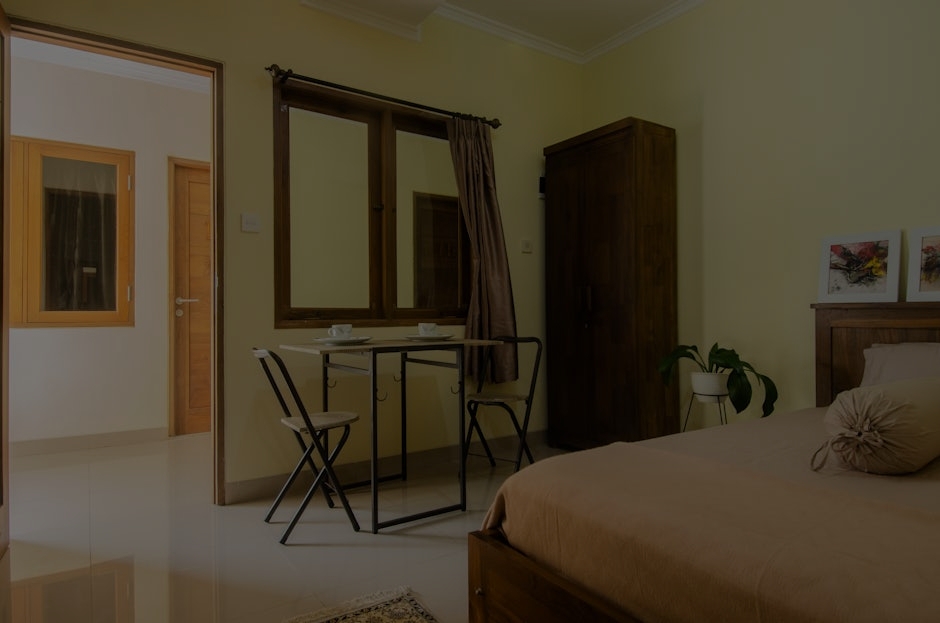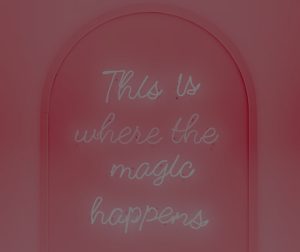**Abstract:**
Feng Shui plays a pivotal role in modern interior design, influencing harmony and balance in spaces. This article explores key Feng Shui elements to enhance your living environment.
Understanding Feng Shui: The Foundation of Harmony
Feng Shui, an ancient Chinese practice, emphasizes the relationship between individuals and their environment. It’s rooted in the belief that the arrangement of space can significantly impact one’s energy, or “Chi.” In modern interior design, incorporating Feng Shui principles can transform a home into a sanctuary of peace and productivity. By understanding the basics of Feng Shui, homeowners can create spaces that resonate with positive energy, promoting well-being and happiness.
Key Elements of Feng Shui in Interior Design
When considering Feng Shui in your home, focus on essential elements like furniture placement, color schemes, and the use of natural materials. The layout of a room should facilitate the free flow of Chi, avoiding clutter and sharp angles that can create negative energy. For instance, placing furniture in a way that encourages conversation fosters connection and warmth, essential for family and social interactions. Additionally, colors play a vital role; warm hues can energize a space, while cool tones promote tranquility.
The Power of Natural Light and Airflow
Natural light and airflow are crucial in Feng Shui, enhancing the energy of any room. Large windows and open spaces allow sunlight to flood in, creating an inviting atmosphere. Good airflow is equally important; it helps maintain a fresh and vibrant environment. Consider using plants to improve air quality and introduce life into your space. Not only do plants purify the air, but they also add a touch of nature, essential for achieving balance according to Feng Shui principles.
Incorporating Water Features for Serenity
Water is a powerful symbol in Feng Shui, representing abundance and prosperity. Integrating water features like fountains or aquariums can enhance the energy flow in your home. The gentle sound of flowing water creates a calming ambiance, ideal for relaxation and stress relief. Moreover, strategically placing water elements can attract positive energy, making your living space feel more harmonious and inviting.
Choosing the Right Feng Shui Accessories
Accessories are vital in Feng Shui, as they can enhance the energy of your space. Consider using crystals, mirrors, and wind chimes to create a vibrant atmosphere. Crystals can amplify positive energy and are available in various forms to suit any décor. Mirrors, when placed correctly, can reflect light and energy, making a space feel larger and more open. Wind chimes not only add a melodic element but also help disperse stagnant energy, making your environment feel alive and dynamic.
Personalizing Your Space with Intention
While Feng Shui provides a framework, personalizing your space is essential for true harmony. Incorporate items that hold sentimental value or inspire joy. Whether it’s artwork, family photographs, or travel souvenirs, these personal touches create a sense of belonging and warmth. The key is to curate your space intentionally, ensuring that each item contributes to the overall energy and aesthetic of your home.
Conclusion: Transform Your Space with Feng Shui
Embracing Feng Shui in modern interior design is not just about aesthetics; it’s about creating a harmonious environment that nurtures your well-being. By understanding the principles of Feng Shui and incorporating key elements like natural light, water features, and intentional accessories, you can transform your home into a sanctuary of peace and positivity. Start your journey toward a balanced living space today, and experience the profound impact of Feng Shui on your life.










